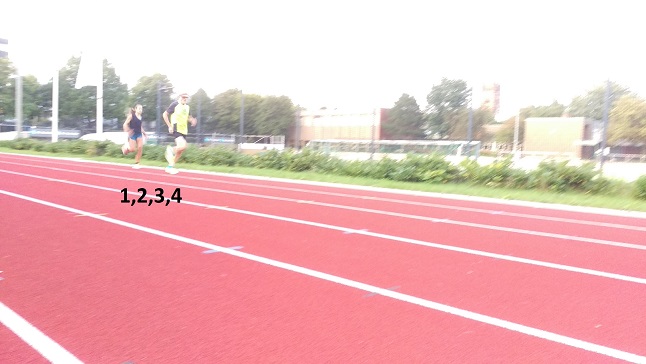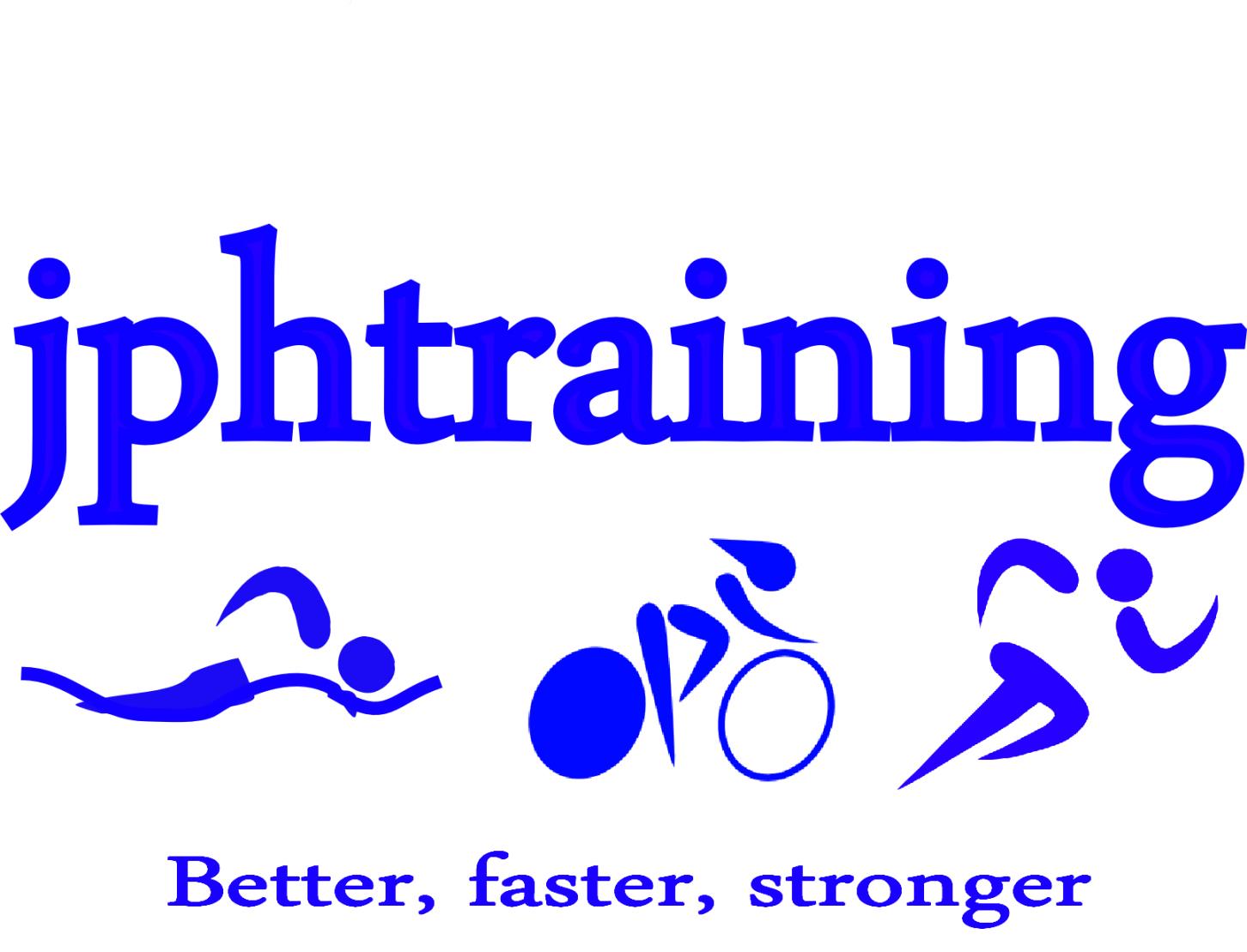Counting a beat
Race Day Tips, September 16, 2017
Get out of your low patch without too much difficulty

It is not rare in a running race to hit a low, a dead spot, or a point where you just start to feel flat. More often we come out of this and return to running well. That is as long you didn't listen to the devil on your right shoulder telling you to pull out.
Often that will teach us that the mind is stronger than we think, but also that the body is not as weak as it sometimes informs us.
Therefore, the key to have a great run is to quickly come out of these lows, so our feeling is a lot more even. The key to doing this is obviously staying positive and blocking out or suppressing negative thoughts.
There are a few techniques that I have learnt over the years, and they work. e.g. focusing on technique, or breaking the course down completely into smaller sections.
However, I am a fan of the K.I.S.S (Keep It Simple Stupid) principle, so I am always looking out for ways to make improvements. A few years ago I heard an idea with Paula Radcliffe and heard her say that she counted to one hundred while running her Marathons. When she got to one hundred she would restart. I’ve heard others say they count to ten, and in the last month I have heard three separate interviews with mental coaches or sports psychologists where they have recommended just counting to four. It is a process that we can repeat even when under duress.
It is also a process that completely distracts our mind, so that it is not possible to think about anything else apart from the counting.
Last week I thought I would try it out to see if it worked for me or of it was just a silly idea. During the week or worked, and in the weekend while racing a half marathon it worked too.
During the second lap of the four lap course I suddenly didn't feel good. Tired, a little bit lethargic, and running suddenly seemed a lot harder than it really was. I basically fell into a low and straight away got annoyed and a bit down that I wasn't going to hold my pace. However, once I started to just count instead of having the conversation with myself that a lot of us know, “ well that's it. You went out too hard, your week was too hard, your form just isn't that good, and/or maybe it is better to pull out and try to run a bit faster later”.
These conversations were not bringing me anywhere and were not that positive, and I always believe we need to eliminate negativity. So I thought this was a good chance to count. It worked. It didn't totally change my rhythm, but it did make it a bit easier and I started to get through the kilometers feeling better rather than worse. Just after halfway I was surprised that I actually didn't feel like I had been pushing it. It was a bit like the middle section of a recovery section of a long interval session.
With this in mind I knew I could finish it off and decided to wait until the last lap and then to push it. I was able to wake back up and run my best over the last 4km including my fastest kilometer, which was good enough for the overall win, as I managed to catch the first Relay Team in the last 3km. I didn't feel that on the edge and afterwards my legs were good.
This shows that all the problems I was having were related to a combination of general fatigue, not staying focused, not being overly stimulated, and it being an afternoon race instead of being a lack of strength or energy.
So the best time you find yourself losing your rhythm or that things are starting to be a bit hard don't try to find your happy place or to change your thinking just start counting.
